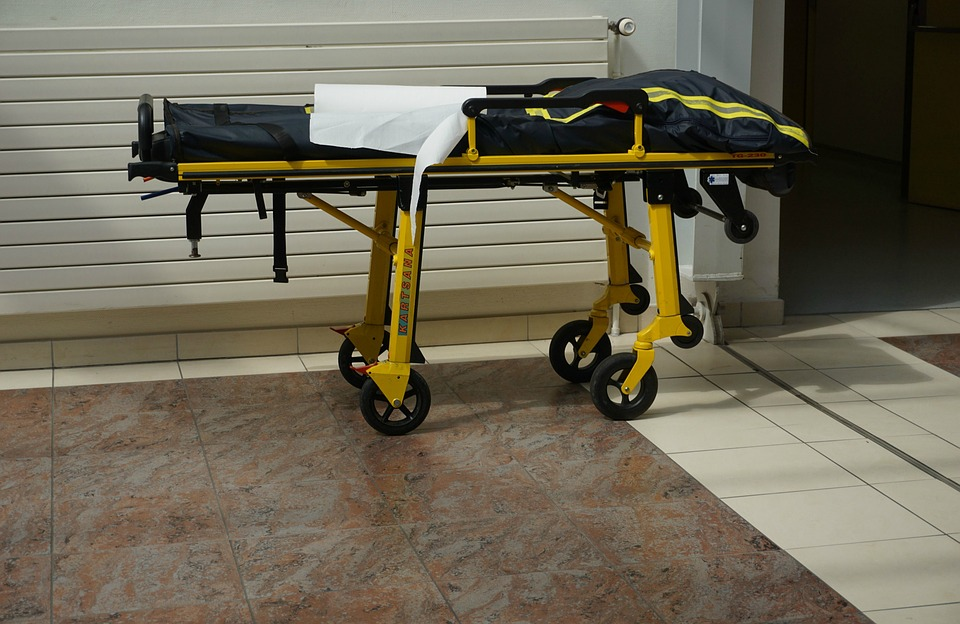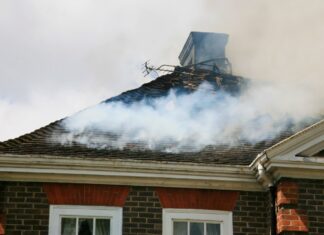
The following is a press release from the United States Department of Health and Human Services:
A nurse from Berlin, New Jersey, Jeanne Danielson, has returned home after assisting the federal medical response to Hurricane Irma as part of the National Disaster Medical System (NDMS). Mrs. Danielson serves as a member of an NDMS Disaster Medical Assistance Team (DMAT).
As of Monday, NDMS personnel along with U.S. Public Health Service Commissioned Corps (USPHS) officers have provided care to more than 2,200 people affected by the storm.
“Hurricane Irma has put people’s health and lives in jeopardy, and NDMS members are answering the call of duty to help residents affected by this disaster,” said NDMS’ Acting Director Ron Miller. “When a state requests our assistance, we will be there to serve until NDMS services are no longer needed.”
The NDMS is a federal program that can support communities with medical care and mortuary assistance during disasters or public health emergencies at the request of states; NDMS is among the resources made available by the U.S. Department of Health and Human Services’ Office of the Assistant Secretary for Preparedness and Response (ASPR).
As part of the response to Hurricane Irma, NDMS members operated a mobile medical unit in the Florida Keys, which was hard-hit by the storm, and supported temporary care sites in the state along with U.S. Public Health Service Commissioned Corps officers. In addition, HHS medical teams are providing care at a shelter in Puerto Rico and at an overwhelmed hospital emergency department in St. Thomas, and triaging evacuees from multiple islands as they reach Puerto Rico. The teams also embedded with Urban Search and Rescue to find dialysis patients and aided the U.S. Virgin Islands in evacuating these patients to Puerto Rico.
NDMS teams consist of physicians, nurses, veterinary staff, paramedics, fatality management professionals, and experienced command and control staff. When an emergency overwhelms local and state resources, ASPR looks to the expertise within NDMS and USPHS from across the country to assist in the response.
The NDMS comprises approximately 5,000 medical public health, and emergency management professionals, organized into more than 70 response teams. Although they hail from communities nationwide, when deployed they are federal government employees working as part of a coordinated federal response.
ASPR leads the nation in preventing, preparing for, and responding to the adverse health effects of public health emergencies and disasters. It focuses on preparedness planning and response; building federal emergency medical operational capabilities; countermeasures research, advance development, and procurement; and grants to strengthen the capabilities of hospitals and health care systems in public health emergencies and medical disasters.









